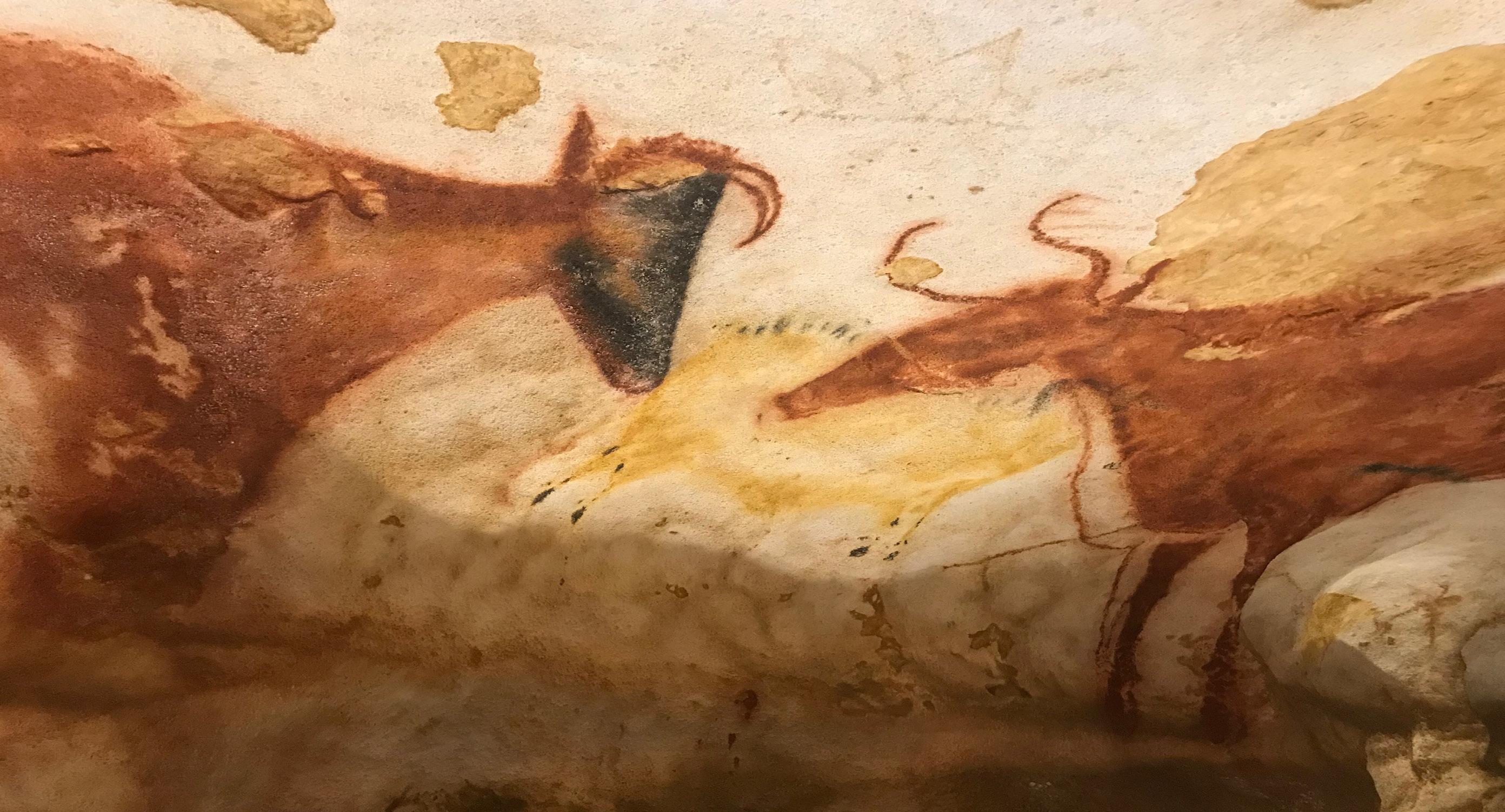The Bullying Anomaly Origin of the Word
By Jane Offer
The term bullying is used freely these days and there is no circumstance in which this type of behaviour is acceptable. However, the origins of the word Bully reflect a different and diverse story. I have always loved words and their meanings, including the ‘word elves’ that hide in them, giving us more insight into their true meaning. However, with the word bully, there is no hiding – it’s there - BULL signifying bullish behaviour. However, in the 1530’s, ‘Bully’ was used as a term of endearment and familiarity, which could be applied to either sex. It possibly originated from the Dutch word Boel meaning lover, which was the corruption of an earlier Dutch word Broeder or the German word Buole, both meaning brother.
This friendly connotation continued as late as 1892, when Oliver Heslop compiled a glossary of Northern UK sayings and listed Bully as equivalent to brother; a mate, a comrade. So where did it all go so wrong? There are many theories but none can account for such a rapid and complete semantic change. It could be that the verb ‘to bully’ was derived from the animal, which, as a breeding male, would harass and use its power to override other younger bulls. This tallies with the spirit animal meaning that describes
the bull as a strong role model, but sometimes a little too bull-headed, both literally and figuratively. We have sayings such as ‘like a bull at a gate’ or ‘a bull in a china shop’, both meaning headstrong behaviour without any consideration for the damage or consequences. And isn’t that bullying? A strange anomaly in the numerology of the word is that Bully has the same
“…by loving who we are, we become stronger?”
“...the origins of the word Bully reflect a different and diverse story.” Later, it was applied only to men and implied friendly admiration as illustrated by William Shakespeare (1564-1616), who used it often when describing a good friend or fine fellow. One example of this is in A Midsummer Night’s Dream with Peter Quince asking Nick Bottom “What sayest thou, bully, Bottom?”
34
Supernal Magazine
Photo Credit: Pixabay













